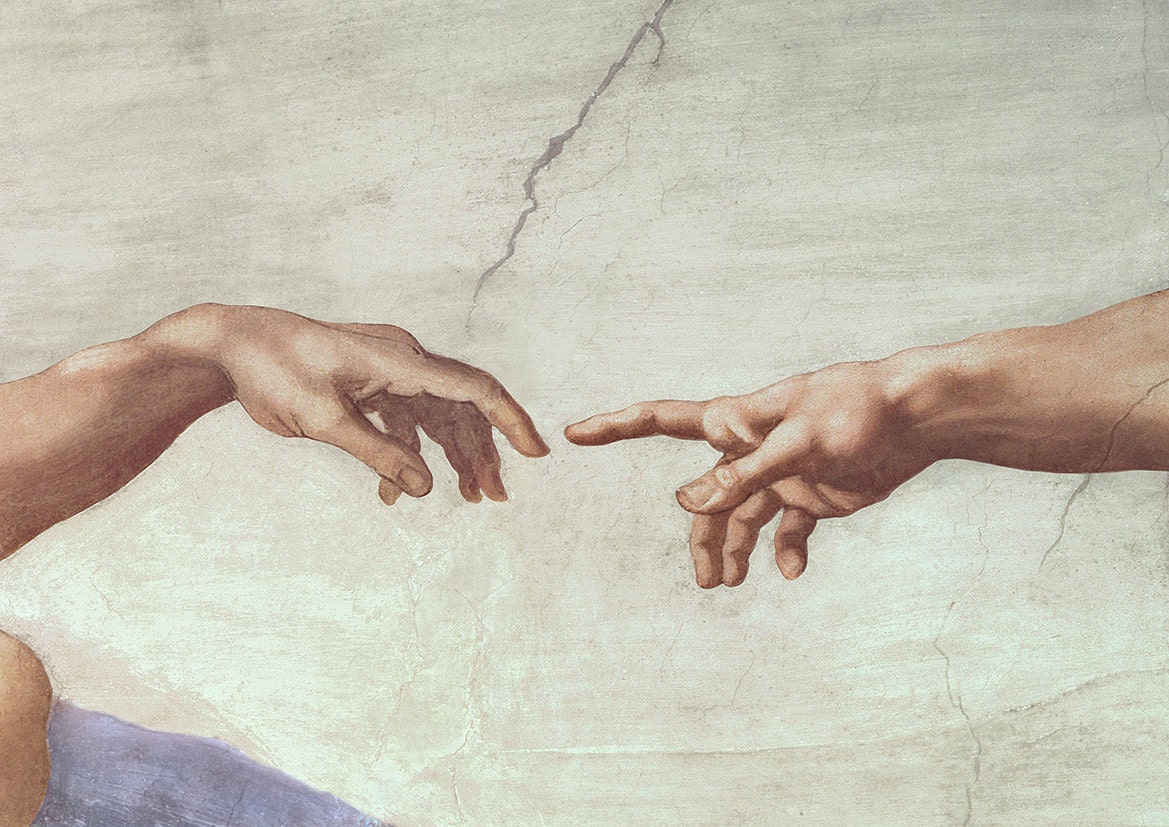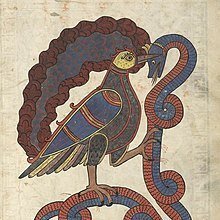-
Content count
1,394 -
Joined
-
Last visited
-
Days Won
7
Posts posted by Sir Darius the Clairvoyent
-
-
2 minutes ago, Nungali said:I hope you got the deeper part of the joke .
Plenty of youtubes showing 'gun defense ' where the offender sticks the barrel into someone's back or stands within arms reach and they 'jitsu' them ... riiiight !
I was visiting a dojo a while back, they had weapons on the wall including plastic hand guns . me ; " You are not teaching people deference against guns are you ? " he said he was , since no one else was around he goes " Pick one up and I will show you ." Okay dude

So I take one up, walk away from him turn and point the 'gun' "Give me your wallet ." He takes it out and in hand offers it .
"No no , put it on the floor and kick it over here ." he does . I squat, keeping aim and eye on him and pick it up and pocket it . And he smirked ; " Its just my going out wallet , only got a 20 and no cards in it . " I amide the gun at his kneecap and said 'Bang ! " thats for being a smart arse ! .... and I hope you dont teach your kids to give lip to the guy with the gun ! "
I did boxing, as ive mentioned before. Some people at the gym there, practiced kali sakaran (self defence). Never tried it my self thou, but is it legitimate?
-
2 hours ago, Cobie said:
I think it was a big loss to the forum that Awaken had to be banned for being so rude. I did value some of her info, and also that she was from Taiwan (if I remember well). I’d hate the forum to be only Westerners.
Certainly. I am no doubt a child of the west, but one of the reasons I sm here is to get a better understanding of the eastern mind. IMO, that can only be learned from easterners.
-
 2
2
-
-
As it seems to, a few people operate on an higher level and have contact with entitites that people like me do not. Is that a fair statement? If so, is it possible to describe how this manifests?
follow up: the last few months ive felt
quite strong mentally. Once in a while tho, I fall back to weakness for a period of time. Any advice on how to stay consistently strong?
-
-
-
@Apech In your opinion, why was the church do hell bent on destroyign all other versions of christianity? The pnly reason I can see, is money and power.
-
-
The Nordic Bronze Age maintained close trade links with Mycenaean Greece, with whom it shares several striking similarities.[10][11][3][12]Some cultural similarities between the Nordic Bronze Age, the Sintashta/Andronovo cultureand peoples of the Rigveda have also been detected.[a][13] The Nordic Bronze Age region included part of northern Germany,[14] and some scholars also include sites in what is now Estonia, Finland and Pomerania as part of its cultural sphere.[15][16]
The people of the Nordic Bronze Age were actively engaged in the export of amber, and imported metals in return, becoming expert metalworkers. With respect to the number and density of metal deposits, the Nordic Bronze Age became the richest culture in Europe during its existence.[17][18][19]
https://en.m.wikipedia.org/wiki/Nordic_Bronze_Age -
1 minute ago, Cobie said:How could I have forgotten this example:
@cobie, please engage with the topic of the thread. How do you explain elements that Are perfectly common in the nordics, but absent in the medeteranian?
-
Let me be clear: I am not saying it is a fact. But we do know a few things: oral epics and bards were common alltrough pagan Europe, there was extendive contact between myceanian greece and the nordic Bronze age, and they had several striking similarities. Finally, there are a lot of details that truly fit the north atlantic way better than the mediteranian.
-
Just now, Cobie said:
I don’t understand the question. I made a post about my surprise to see that Pak Satrio has changed his profile picture.I just wondered If you read the article i posted above
-
6 minutes ago, Cobie said:Did you scim the article?
-
-
Yeah it might be bull. Here is an article of anyone is interrested:
-
“I would really allow myself to order the ranks of philosophers according to the rank of their laughter – right up to those who are capable of golden laughter. And assuming that the gods also practise philosophy, a fact which many conclusions have already driven me to – I don’t doubt that in the process they know how to laugh in a superhuman and new way – and at the expense of all serious things! Gods delight in making fun: even where sacred actions are concerned, it seems they cannot stop laughing.”
(Nietzsche, Beyond Good and Evil p. 294)
he is the greatest philosophef IMO. Not that ive read many others. He liked buddhism, but ultimateley rejected it for being Life denying instead of Life affirming.
-
@Starkadr is Your name based on the mythical bard? Id love to learn more about him.
On topic: im generally not very serious. I prefer chil people.
-
4 hours ago, blue eyed snake said:My eldest sister has been to the Sami when she was a young woman, in the sixties that was. I was a very small kid at the time. She was gone so long, I missed her, many months but she did not winter with them.
When she came back she had changed in an intriguing and nice way. She took that change with her through her life which is now nearing the end.
I still have a knife that was gifted to me later when i was big enough for it.
-
 1
1
-
-
Just listen to a podcast from DR1 (danish radio, by the state) about how the odessy fits perfectly to scandinavia and the surrounding region, but not to greece.
anylne knowledgeable about this?
-
 1
1
-
-
7 minutes ago, Thrice Daily said:
Can you share your favourite line from this Gospel, or two if one is too difficult to pick?Verse 3
-
 1
1
-
-
19 hours ago, 心神 ~ said:Of course. What about laws regulating "ethical & moral" behavior? Laws are sometimes rooted in religion / philosophy. At what point does "non-violent" rule become force?
Could question. So good I am unable to answer it.
-
 2
2
-
-
1 hour ago, Thrice Daily said:Oh I’m sorry yes of course, I got you mixed up for a minute. Norway correct?
Just one question, do you believe in the power of Jesus in anyway, as a teacher a healer or other wise?
I'm curious as to your view on him as a individual , separate to the Jewish root and the church.
The actual guy and the messages ?
Norway yes.
on christ, I am conflicted. I do not think we know anything «on the actual guy.» Forgive my bluntness.
On the other hand, the gospel of Thomas is pure gold from stat to finish.
-
 1
1
-
-
16 minutes ago, Thrice Daily said:You seem pretty close to the Aboriginals . It would be awesome if walkabout was a worldwide thing. At least In theory! It would be an interesting practical test…
Wouldn’t fancy my chances in colder climates though 🥶
Unless I was wearing suitable attire for the occasion.
Well, If you dont mind me going in to genetics, non-europeans are ill suited for the scandinavian climate. They get ill due to the lack of sunlight and have a lower body temprature.
-
14 minutes ago, Thrice Daily said:You seem pretty close to the Aboriginals . It would be awesome if walkabout was a worldwide thing. At least In theory! It would be an interesting practical test…
Wouldn’t fancy my chances in colder climates though 🥶
Unless I was wearing suitable attire for the occasion.
Me? To the aboriginal Australias? Far from it! @Nungaliis the man for that.
If you refer to the sami, my aunt is one. On our 18th birthday, she gave each of my cousins and me a self made «sami» blanket and knife. It is beautifull: it sybolises how with shelter and a tool/weapon you can survive anything.
-
 2
2
-
-
9 minutes ago, NaturaNaturans said:During the volcanic eruption on iceland somewhere in the 5th or 6th century, reffered to as fimbulvintr in norse myth, the sun didnt shine for three whole years. The population of scandinavia plumeted. Guess who came trough the catastrophy mostly in tact? The sami.
edit: Ødegård is a very popular last name in Norway (Like that of Arsenals captain Martin Ødegård 😁). This name has been traced to this very event. It translates to deserted farm.
Here you have (on of) the description of fimbulvintr (the great winter) If interrested:
-
 1
1
-






Where are the High Level Martial Artists/Fighters at?
in The Rabbit Hole
Posted
Yeah, and If skilled enough you could survive an encounter with a person with a knife?